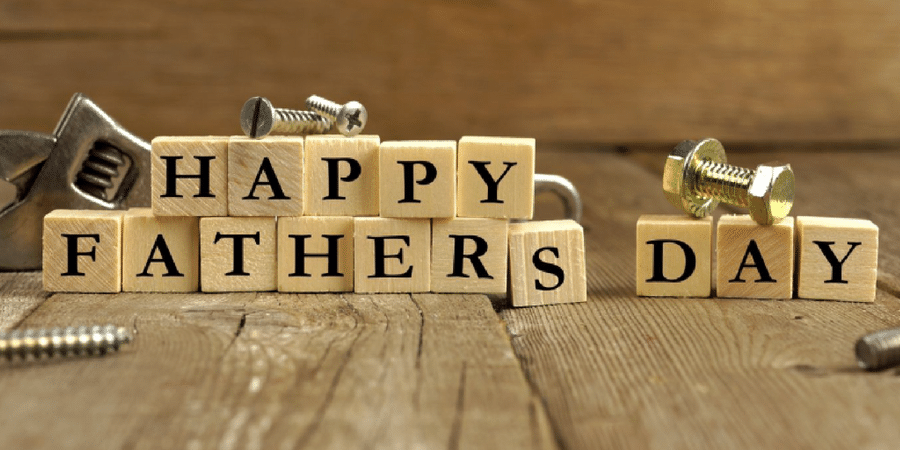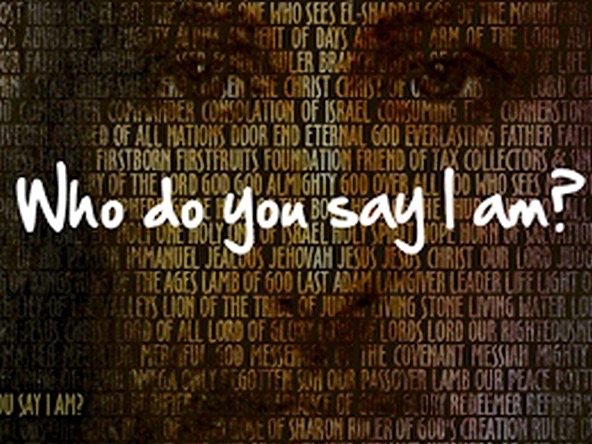Reflections on fathers, patriarchs, parents, and men in our lives who shape and change us. For Father’s Day weekend.
This Father’s Day I want to recognize the kind, patient, sensitive, and caring men who serve as father figures and role models in our children’s lives. They are uncles, teachers, caregivers, cooks, drivers, security guards, and coaches. They are there every day in every way. They gently guide our children through their days, offering advice […]


